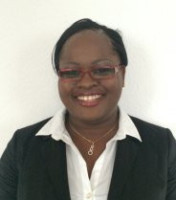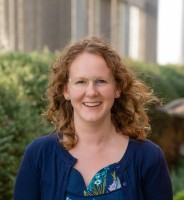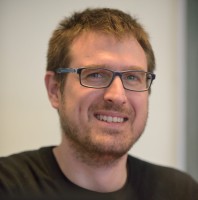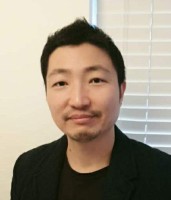Climate Change
Sustainable Living & City
Climate Adaptation & Resilience
Environmental Justice
Urban Planning
Ph.D
Germany
2012.10.31
Empowering Community Resilience Towards Climate Change Impact in Central Africa Using Technology Enhanced Learning (TEL)
Sidze’s research has already revealed a lack of knowledge about climate change among rural communities in her native country. The absence of meaningful exchange and collaboration between the population, NGOs, decision makers and other stakeholders is the inevitable result. Her research thus focuses on designing and disseminating a model for technology-enhanced public education that empowers the learner. Importantly, it will be adapted to the specific contexts found in Cameroon: the needs, culture, language and capacities of the different stakeholders. Her method will take advantage of technology tools already popular in the country, such as radio stations broadcasting in national languages and community media centers facilitating internet access for rural populations. Sandrine Sidze aims not only to increase the local community’s knowledge on climate topics, but to help them, their governments, universities, NGOs – in central Africa and elsewhere – better grasp the connection between their local environment and global issues of climate change and development. The ultimate goal: the collaborative creation of sustainable new habits for all.
Learning to Tackle Climate Change Together
To add or modify information on this page, please contact us at the following address: community.research@axa.com

Sandrine
MEGUIENG SIDZE
Institution
United Nations University Germany
Country
Germany
Nationality
Cameroonian
Related articles
Sustainable Living & City
Climate Change
Climate Adaptation & Resilience
Urban Planning
Resilient Infrastructure & Safety
Environmental Justice
Post-Doctoral Fellowship
Australia
2023.06.20
Indicators for Climate Resilient City Planning
Expected start date:June-2023 Cities contribute enormously to global greenhouse emissions and are key drivers of climate change. By the same... Read more

Melanie
LOWE
Institut royal de technologie de Melbourne
Climate Change
Pollution
Aerosols & Particulate Matters
Public Health & Health Policy
Toxic Pollutants & Hazardous Substances
Post-Doctoral Fellowship
Greece
2023.06.01
Insight in Dust Fine-Mode to Mitigate Health Hazards in a Changing Climate
Expected start date:June-2023 In late-April/early-May 2022, a surge of remarkable dust storms ravaged Iraq, resulted- according to the World Health... Read more

Emmanouil
PROESTAKIS
